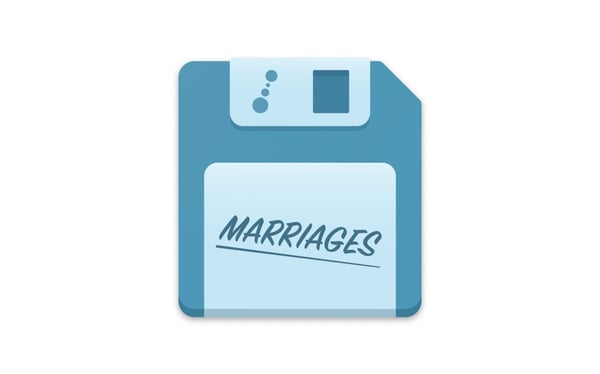Since the Brexit vote in 2016, Irish car dealers have taken advantage of the weakened sterling to import cars from the UK. In 2018, 95.8% of imported cars to Ireland were from the UK, an increase of over 50% from 2017.
Earlier this year, we saw a slowdown in this trend due to a number of factors:
-
The stabilisation of sterling.
-
The NOx Levy announced in January 2020, affecting the majority of used cars from
2016 and prior.
-
The coronavirus pandemic which slowed growth within the motor industry overall.
As we move into the final quarter of 2020, there’s an opportunity for Irish car dealers to once again take advantage of favourable market conditions.
Out of adversity comes opportunity
This has been a tough year for the motor industry. However, Irish car dealers have an opportunity right now to take advantage of the strong euro in order to buy and import vehicles from the UK with significant cost savings. Even when you factor in the expenses involved, such as Vehicle Registration Tax (VRT) and importing cars over the Irish sea by ferry, you might find that you’re able to save money overall.
Three ways to make sure you’re saving the most money
In these turbulent times, it’s important to secure the best savings. We’ve pulled together our three top tips for helping you to cut costs when importing motors from the UK.
1. Take time to negotiate the best deal possible.
In a constantly evolving economic climate, it’s important to take stock and notice what’s happening right now in the market. Things have changed considerably within the last year.
You may have worked with specific UK dealers previously, but that shouldn’t stop you shopping around for the best deals. Consider Northern Ireland as well as the rest of the UK. Check as many dealerships as possible, and drive down costs by negotiating multi-car discounts.
2. Look for cars less than three years old.
The Nitrogen Oxide (NOx) Emission levy came into force in Ireland from January 2020. It’s an extra cost levied against the NOx emissions of a vehicle, on top of the standard VRT amount on its first registration in the state. This particularly affects used cars with less than a EURO 6 compliant engine (the majority of vehicles from 2016 and prior). Irish consumers will be more likely to favour newer cars as a result.
The recent Irish Budget 2021 announcement also included some implications for the motor industry. While used imports were previously subject to the old emissions test, they will now have their CO2 values uplifted to create a level playing field.
3. Search for the best exchange rate.
Keep in mind that banks charge up to 8x more than other currency exchange tools. Depending on the number of cars you import, that can cost you thousands of euros.
CurrencyFair offers two ways to exchange your euros for sterling, both saving you money:
1. Use our Marketplace
CurrencyFair’s Marketplace is a unique peer-to-peer exchange where you can set your own rate, and wait for it to be matched. It’s best used when the exchange rate is trending in the right direction. It’s also ideal for when your exchange is not urgent, as you may need to wait a short time while a match is found for your exchange.
2. Get the best rate available at the time using live rates
If you’re short on time, your best option is to convert your euros to sterling using CurrencyFair’s live exchange service. Our rates are always competitive, and there are no hidden costs.
Then when you’re ready to make your transaction, just send sterling from your CurrencyFair account to the car dealer’s UK bank account.
Think beyond the red tape
2020 is a challenging year for the motor industry, but there are opportunities for Irish dealers prepared to do some desk work. As well as the initial search to find the right used cars, bear in mind you’ll have some paperwork to complete for Irish customs. From 2 November 2020, the Automated Import System (AIS) requires importers to submit an electronic declaration, using a customs software package. And as a result of Brexit, from 1 January 2021, if you’re importing cars via ferry using a roll on/roll off (RoRo) service, you must submit a Pre-Boarding Notification.
It’s a little bit of admin, potentially for a significant cost saving. For those willing to go the extra mile to save on costs - the gains could be huge.
Sign up for a CurrencyFair Business account today to save on your currency exchange.
Sources:
- SIMI Motor Industry Update Jan 2020 - available here.
- MotorCheck: Nox Levy & Brexit halt the growth of UK car imports
- Revenue.ie: Bringing goods into Ireland from Great Britain (GB)
- SIMI.ie: Budget 2021 implications for the Motor Industry







.png?width=600&name=Untitled%20design%20(6).png)


.png?width=600&name=Red%20Navy%20Blue%20Real%20Estate%20Marketing%20Instagram%20Post%20(1700%20x%20500%20px).png)

